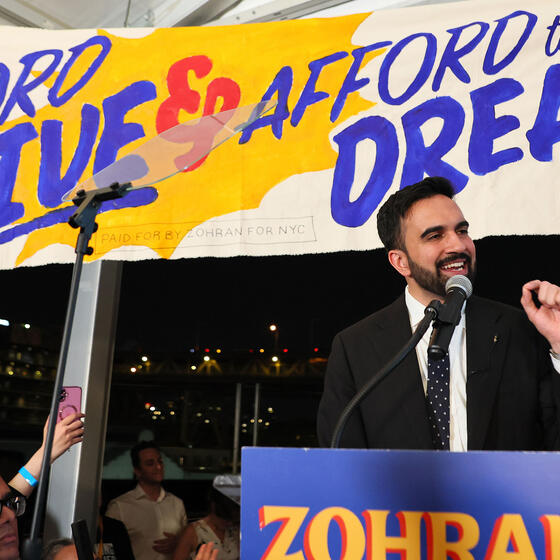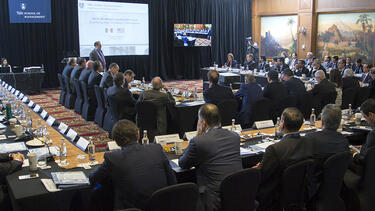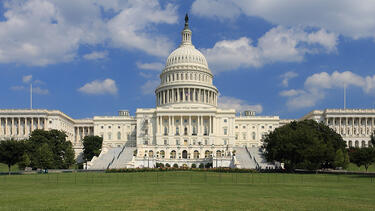Politics and Policy
The Problems with a Socialist Vision for NYC
Yale’s Jeffrey Sonnenfeld and co-authors suggest that some of New York City mayoral candidate Zohram Mamdani’s socialism-inspired proposals, such as city-owned grocery stores, are likely to run into inefficiencies and unanticipated downsides. They write that capitalism can be a better engine of progress.

Does Immigration Create Jobs?
Research shows that, contrary to much of the rhetoric on the topic, immigration can contribute to economic growth and expansion of the labor market
What’s the Future of U.S.-Mexico Relations?
Professor Jeffrey Sonnenfeld recently assembled a group of business and political leaders from Mexico and the United States to discuss the state of the strained but critical relationship between the two countries.

How Does Immigration Affect Global Business?
Immigration can help economies become more dynamic and efficient, but inclusive policies often create political landmines. How are countries around the world handling the challenge?

What Do Small Businesses Need?
Small businesses create jobs, so how do we help them grow? Entrepreneur and investor Sean Greene ’90 points to better government policies and access to capital

What Are the Consequences of India’s Currency Reform?
In November, in an effort to fight corruption, India withdrew its two largest paper money denominations from circulation. Yale SOM’s Shyam Sunder looks at some possible effects of the change.

Donald Trump and the Sense of Power
Yale's Robert J. Shiller writes that Donald Trump offered voters the promise of control over their own economic destinies. But it won't be easy for him to deliver.
How Could President Trump Affect the Global Economy?
Global Network for Advanced Management experts from four continents foretell a period of uncertainty and adjustment, as global agreements are reevaluated and supply chains disrupted.

What’s the Real Jobs Picture?
Yale SOM’s Lisa Kahn on the revolutionary shift in labor markets as automation and offshoring reshape work as we’ve known it.

Do We Benefit from Trade?
Yale SOM economist Peter Schott on what the research shows about the effects of trade and how smart policy decisions can ease the impact on workers.

Is Government the Key to Prosperity?
Yale’s Jacob Hacker argues that society needs both healthy markets and effective government.
